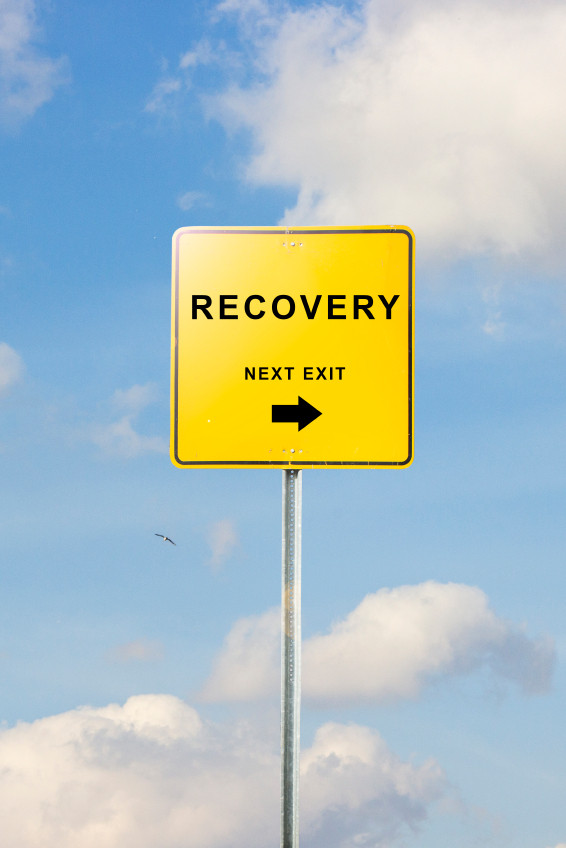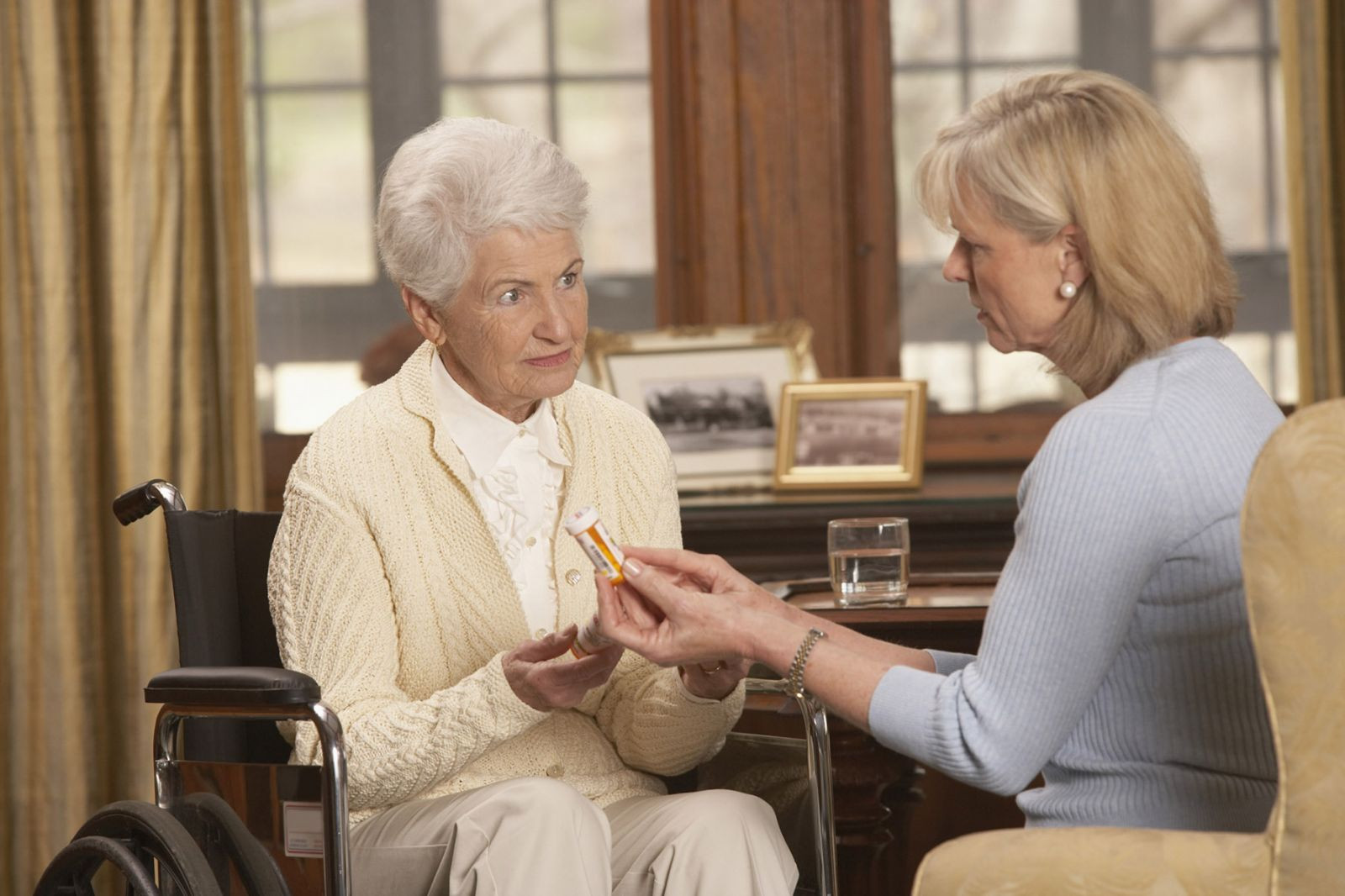
Tips to leverage neuroplasticity to maintain cognitive fitness as you age

Can white noise really help you sleep better?

Celiac disease: Exploring four myths

What is prostatitis and how is it treated?

What is Cushing syndrome?

Exercises to relieve joint pain

Think your child has ADHD? What your pediatrician can do

Foam roller: Could you benefit from this massage tool?

Stepping up activity if winter slowed you down

Common causes of cloudy urine
Addiction Archive
Articles
Opioid crisis: The difference between sympathy and empathy
When a patient calls a new doctor begging for a refill on their pain medication, what should the doctor do? Denying medication to someone in significant pain seems unethical — but denying it to someone who’s suspected to be reselling it is a whole different story. Doctors now have systems in place to help them make the right call. But even these systems can’t replace the most critical piece of the puzzle — empathy.
Debunking misconceptions around addiction
Dr. Michael Bierer explains the most common misconception about addiction and offers tips for recognizing if you might be developing an addiction.
Treatments for opioid medication addictions
Dr. Wynne Armand talks with Dr. Terry Schraeder about the increase in opiod addictions and shares prevention and treatment methods for those experiencing an addiction to prescription opioid medication.
The latest dangerous “addiction” parents need to worry about: Mobile devices
If you’ve looked up from your phone recently — or even if you haven’t! — you may have noticed that many children and teens are glued to their devices. While experts aren’t quite ready to call this an “addiction,” a new survey of parents and teens confirms that many of them suspect they’re too dependent on their devices. We’ve discussed the potential implications of this, plus suggested some “ground rules” for when to ignore those devices.
Could lack of sleep trigger a food “addiction”?
Many people cite a lack of “motivation” or “willpower” as the reason that overweight people can’t control their eating habits. But a wealth of evidence has come to light that obesity is linked to insufficient sleep. Most recently, an experimental study has found that restricted sleep can increase the levels of brain chemicals that make eating pleasurable. Could it be that insufficient sleep makes the brain addicted to the act of eating?
A monthly shot for opioid addiction: An option for some
Several long-term treatments can help people overcome opioid addiction. One of them, naltrexone, may help people who have trouble sticking with taking a pill every day. Naltrexone can be offered as a monthly injection called Vivitrol, which has been shown to help more people stay on treatment as compared to the pill form. However, it’s not for everyone, and like all treatments for opioid addiction, it must be used very carefully.
We should be ashamed if we don’t pass Tobacco 21 laws
Ninety percent of smokers had their first cigarette before turning 18. A movement to raise the legal age to buy tobacco in the United States to 21 hopes that making it more difficult for young people to start smoking may lead to a healthier population overall.
Prescription pain pills: Worth the risks?
Thorough risk assessment and family assistance may help you take them more safely.
Prescription pain pills such as oxycodone (Oxycontin) and hydrocodone (Vicodin) are in a class of drugs known as opioids. They're typically used to treat severe pain after surgery, and sometimes to treat chronic pain. But these drugs come with many risks, including addiction. Does that put you at risk if you take opioids? "You have to look at it on a case-by-case basis," says Dr. Hilary Connery, an addiction psychiatrist at Harvard-affiliated McLean Hospital.
Risks and benefits
Opioids are powerful painkillers that block messages of pain to the brain and decrease the body's perception of discomfort. They may also create a feeling of euphoria. Opioids are especially useful in the short term, such as the initial weeks following joint replacement. Common side effects include nausea, itching, drowsiness, or constipation.
Why are doctors writing opioid prescriptions — even after an overdose?
A recent study of nearly 3,000 patients who had an overdose during long-term opioid treatment found that more than 90% of these patients continued to receive opioids — even after their overdose. Poor communication between emergency rooms and prescribing doctors is likely the culprit. What’s more, doctors receive little training in recognizing patients at high risk for overdose, or in treating addiction when they do spot it. An important strategy to address the current opioid crisis is to improve how doctors are educated about opioids.

Tips to leverage neuroplasticity to maintain cognitive fitness as you age

Can white noise really help you sleep better?

Celiac disease: Exploring four myths

What is prostatitis and how is it treated?

What is Cushing syndrome?

Exercises to relieve joint pain

Think your child has ADHD? What your pediatrician can do

Foam roller: Could you benefit from this massage tool?

Stepping up activity if winter slowed you down

Common causes of cloudy urine
Free Healthbeat Signup
Get the latest in health news delivered to your inbox!
Sign Up










